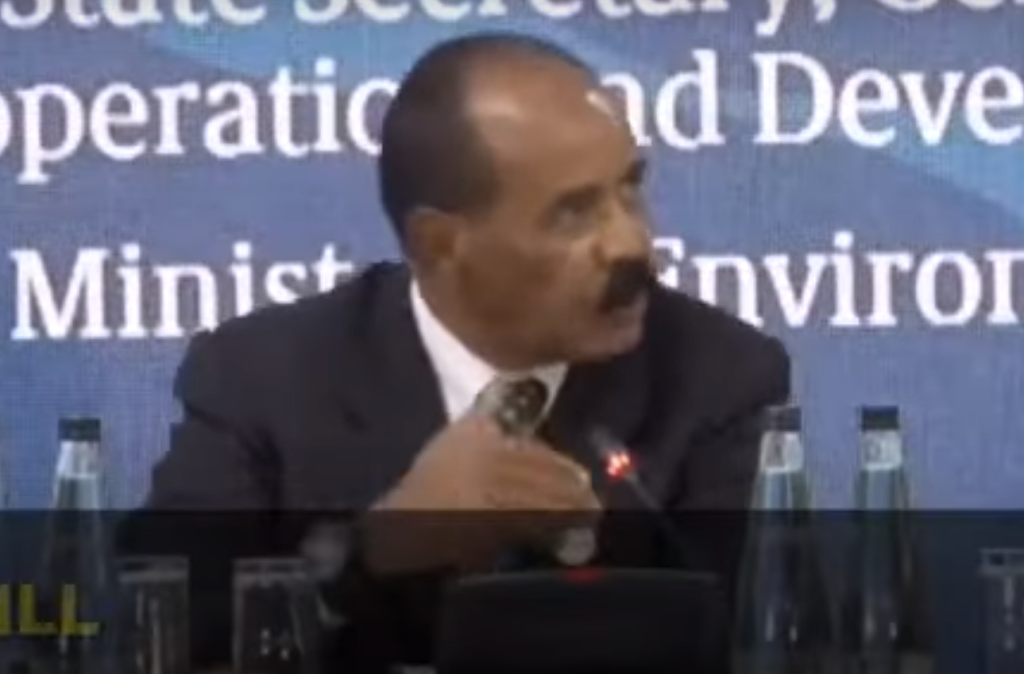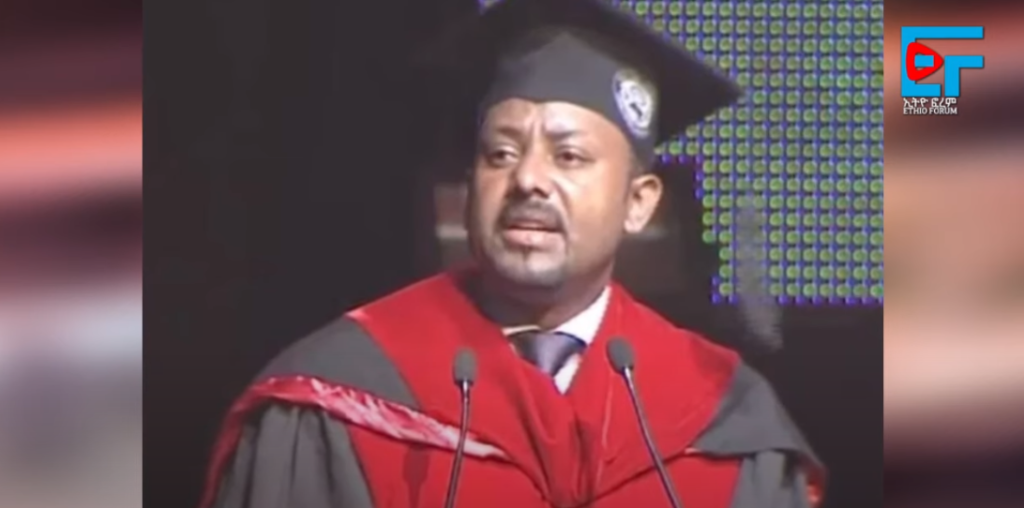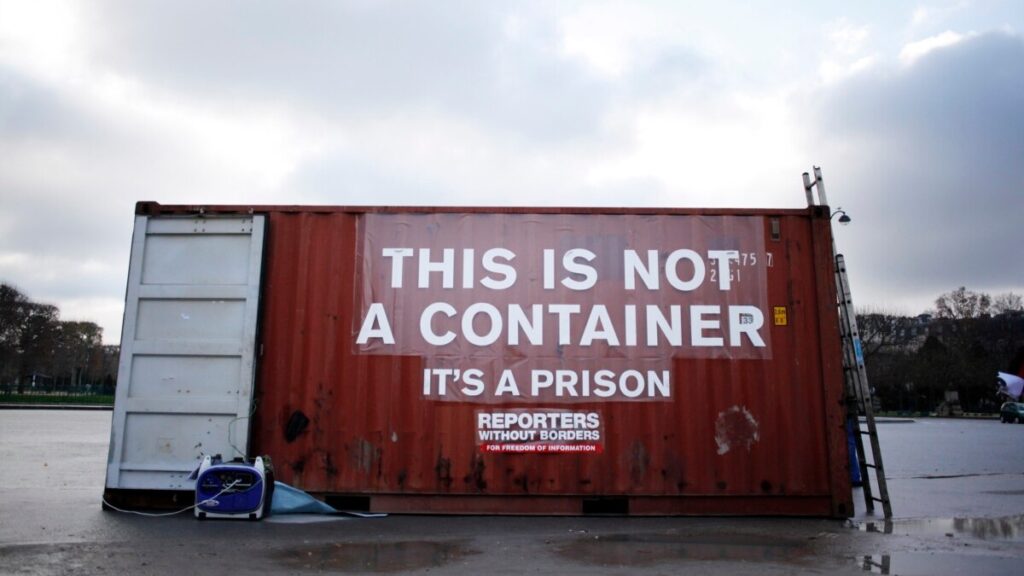
The Continuing Presidency of Isaias Afwerki: An Analysis
Isaias Afwerki, despite lacking formal education in disciplines like management, economics, or civics, has led Eritrea since its independence. He is fluent in English and Arabic, acquired through interactions with colleagues and during his years in Sudan. It is suggested that his linguistic skills were more absorbed than actively learned, reflecting a passive approach to language acquisition.
His leadership style and qualifications have often been questioned. Critics argue that his approach does not demonstrate conventional leadership qualities or professional skills typically associated with successful governance. They suggest his reluctance to pursue knowledge, such as learning Amharic during his high school years in Dessie, Ethiopia, as evidence of a lack of intellectual curiosity.
Observers note that former Prime Minister Meles Zenawi of Ethiopia, in contrast, pursued academic studies post-independence, indicating a humility and eagerness to learn that they find lacking in Afwerki. This attitude, some say, reflects a broader pattern often observed where less educated individuals might overestimate their knowledge until challenged.
Afwerki’s leadership roots trace back to his early involvement with Eritrea’s independence fighters. Critics accuse him of leveraging his position to eliminate rivals throughout the 30-year struggle for independence, rather than focusing on intellectual growth or strategic governance. They argue that his leadership has been more about maintaining power than fostering effective administration or pursuing knowledge.
During President William Ruto’s visit to Asmara, it was reported that Afwerki staged supportive demonstrations, which critics claim typifies his use of theatrics over substantive leadership. His tenure has also been characterized by significant control over information, restricting access to independent education and keeping the population, especially the youth, uninformed about broader political realities.
These actions, according to critics, reveal a governance style that relies on manipulation and misinformation, rather than fostering a well-informed and educated populace capable of contributing to the nation’s development.
This analysis intends to provide a broader perspective on President Isaias Afwerki’s leadership and Eritrea’s challenges under his rule.

Adi Halo Holiday Inn
Divora

VAX DEATHS ARE SUICIDE SAY LIFE INSURANCE COMPANIES

Sound of Freedom psyop, Fauci & Christropher Wray busted, Folic acid exposed, and more!

CHURA MEDIA -NEW TIGRIGNA MUSIC OFFICIAL VIDEO 2021 BY SHEWIT HAILE

Graubünden: The Alpine Jewel of Switzerland

ድንበር የሌለው ዲክታቶር ይሉሃል ይሄ ነው





You must be logged in to post a comment.